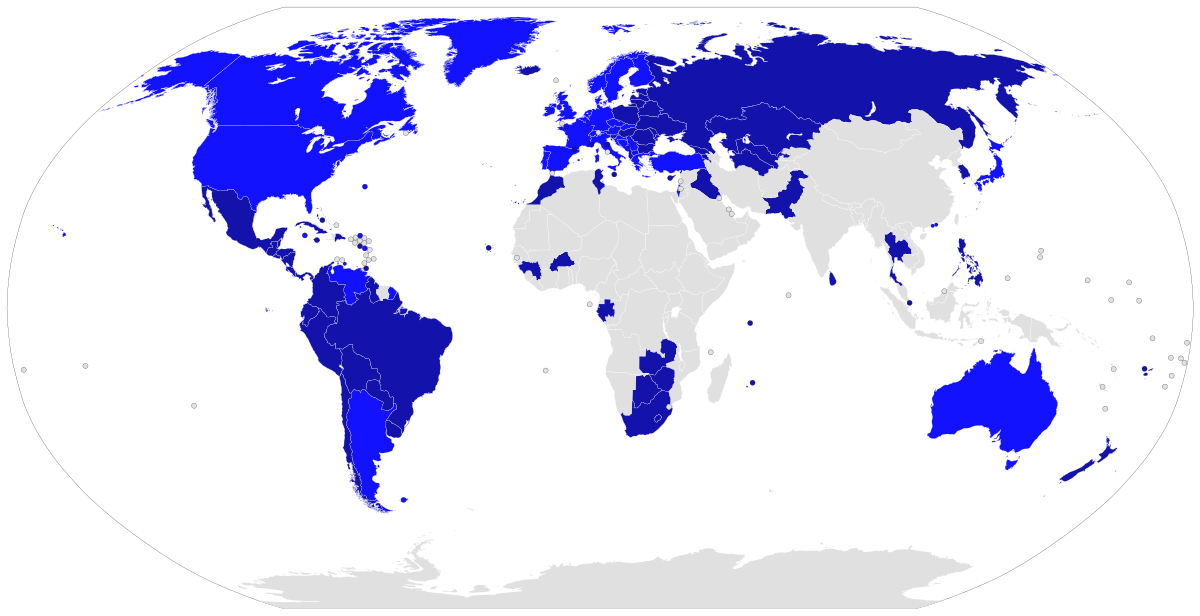Affection or Abduction: The Hague Convention

What is The Hague Convention on international child abduction?
The Hague Convention on the Civil Aspects of International Child Abduction or Hague Abduction Convention is a multilateral treaty developed by the Hague Conference on Private International Law (HCCH) that provides an expeditious method to return a child internationally abducted by a parent from one member country to another.
The Convention was concluded 25 October 1980 and entered into force between the signatories on 1 December 1983. The Convention was drafted to ensure the prompt return of children who have been abducted from their country of habitual residence or wrongfully retained in a contracting state not their country of habitual residence.
Where does India stand on this matter?
In 2009, the Law Commission of India recommended signing The Hague Convention, because it “will in turn bring the prospects of achieving the return to India of children who have their home in India”. The Commission observed that in the absence of a law, Indian courts had not followed a pattern in such cases.
In February 2016, Punjab and Haryana High Court again referred the matter to the Law Commission and Ministry of Women and Child Development. In his interim order, Justice Rajive Bhalla (now retired) noted that “the removal or retention of a child in breach of custody rights is a wrong under The Hague Convention but for want [of] the Union of India acceding to The Hague Convention or enacting a domestic law, children will continue to be spirited away from and to India, with courts and authorities standing by in despair”.
In June 2016, a draft Civil Aspects of International Child Abduction Bill, 2016, with provisions similar to The Hague Convention, was uploaded on the Ministry website for public comments. After examining the Bill and the issue, the Law Commission submitted a revised version of the Bill, called The International Child Removal and Retention Bill, 2016, in October, in line with The Hague Convention and legal precedents in the country.
 |
states that signed and ratified the convention)
states that acceded to the convention
state that ratified, but convention has not entered into force
|
- The Commission noted that “women involved in cross-jurisdictional divorces, ‘holiday marriages’ or ‘limping marriages’ have to face additional challenges in the custody battle”, and that “the woman must not be put in a situation where she has to make the impossible choice between her children and putting up with an abusive relationship in a foreign country”.
- In most cases of so-called “parental abduction”, parents take away the child because “of the fear of losing his/her custody”, the Commission said — “such an abduction… is out of overwhelming love and affection and not to harm the child or achieve any other ulterior purpose”. The Commission, thus, dropped the word ‘abduction’ from the title of the revised Bill.
- The report did not, however, remove the previous Bill’s provisions on sending the child back to her habitual residence, as envisaged by The Hague Convention.
- It also retained the provision that gave the central authority the power “to secure the voluntary return of any such child to the country (of)… habitual residence, (and) to bring about an amicable resolution of the differences” between the parties in the dispute.
Why is India still not keen to join the treaty?
Critics have argued that the legislation would affect the interests of Indian mothers fleeing from abusive or difficult marriages. The law, the critics said, would compel these women to return to the foreign country where the child was born, to fight for custody in possibly unfavourable conditions. The Ministry of Women and Child Development, wary of Indian women being charged or prosecuted in foreign countries, declined to back the law.
Sources
Comments
Post a Comment